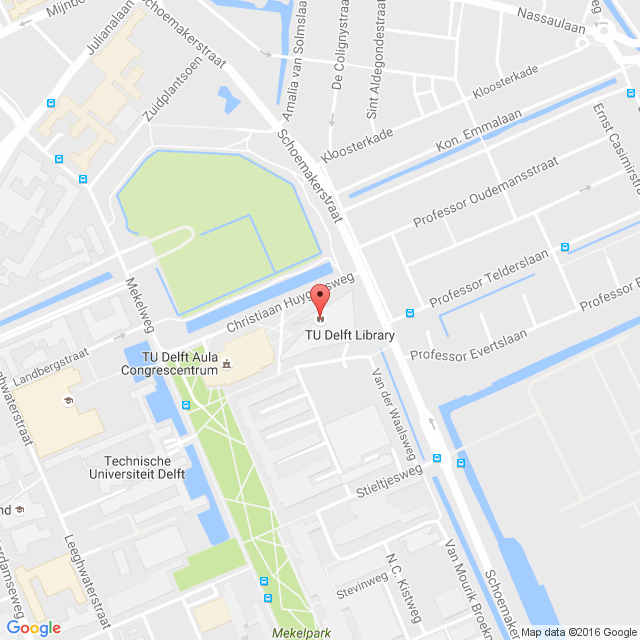Recording: War and Rhetoric
The COVID-19 pandemic, the wars in Ukraine and Gaza, the rise of populism and the far right—these events share one thing in common: language is changing, and hardening. Concepts like security, freedom, or truth are being hijacked and repackaged with new meanings.
Information turns into a weapon, the line between fact and fiction blurs. Enemy images emerge: rhetoric slowly shifts from nuance to necessity, from debate to threat. Language no longer connects—it divides. Framing and repetition carry more power than argument or evidence. How do you find a meaningful position within this landscape? How can you act when the people around you suddenly begin using words you never thought you’d hear from them?
During the first event of the series War and Entropy, we explore the emergence of war rhetoric and enemy images—and how we might relate to them.
Speakers
Ivana Ivković is a political philosopher born and raised in former Yugoslavia. She analyzes firsthand how political upheaval reshapes meanings and identities. Ivana teaches philosophy, addressing contemporary political issues such as citizenship, the transformation of public space, and populism through accessible yet rigorous philosophical frameworks.
War begins when words lose their meaning. Phrases once signifying unity—like Yugoslavia’s “Brotherhood and Unity”—become hollow or even hostile. As a political philosopher and firsthand witness to the collapse of Yugoslavia, Ivana Ivković explores how rhetoric transforms as societal order disintegrates. Today’s polarized conflicts—from Ukraine and Israel to Trump’s America—showcase this dynamic clearly. Trump’s slogan “Make America Great Again” once promised renewal, but quickly became divisive, fueling suspicion and hostility. Ivana analyzes how swiftly trusted words turn into weapons, revealing the fragile boundary between stability and chaos in our shared social fabric.
Tony van der Togt is a PhD candidate at the Institute of History of Leiden University, researching the role of Russian think tanks in relation to the changing Russian strategic narratives towards Europe. He has recently retired after a long career as a Dutch diplomat, specializing in Eastern Europe and Central Asia. At the moment he also still serves as an Associate Fellow at the Clingendael Russia and Eastern Europe Centre in The Hague.
The Russian narrative on war and conflict in world order. Russia’s invasion of Ukraine was but the culmination of a strategic narrative which has been developed by the Kremlin over more than a decade. It is about Great Power-status, imperialism, dominance in its neighborhood and fundamental conflict with the West. Internally, it speaks to emotions and feelings of humiliation and the need for Russia to rise up from its knees. This has led to revanchism and even civilizationism: Russia posing as a separate state-civilization, based on its own cultural distinctiveness and not bound by universal values or international rules. A new ideology of Putinism is driving this war and has shaped it even into a holy war, supported by the Russian Orthodox Church. This has had major consequences for Russian diplomacy with its diplomats increasingly turning into propagandists, leaving less room for normal and constructive diplomatic relations. Moscow is only interested in relations with those it considers as equals, like the US and China, leaving Europe mainly in the dark and with limited possibilities to influence Russia. The use of language in framing an increasingly illiberal discourse is not only aimed at a Russian audience, but also links to populist and far-right narratives, gaining more influence in a number of Western countries, including the US. In this context, the Kremlin targets also those audiences in an effort to divide the West internally and further its aims to reshape world order.
Madelaine Ley is a philosopher at TU Delft and is involved in antidebate, a form of speaking and listening developed by the think tank Perspectiva. In the Anti-Debate, participants seek shared understanding, guided by intellectual humility and openness to paradox. Not spectacle, but clarification—not a winner, but wisdom.
In the face of seismic political shifts, we often find ourselves at a loss for words. Perhaps we don’t want to say the wrong thing or sound too worried or seem misinformed. Through poetry and conversational practices based on UK thinktank’s Perspectiva “Anti-Debate”, Madelaine will lead the group through collective reflections on war and entropy. This is a small taste of the Anti-Debate on May 26th, a three-hour long group process that nurtures deep reflection on politically fraught topics.


